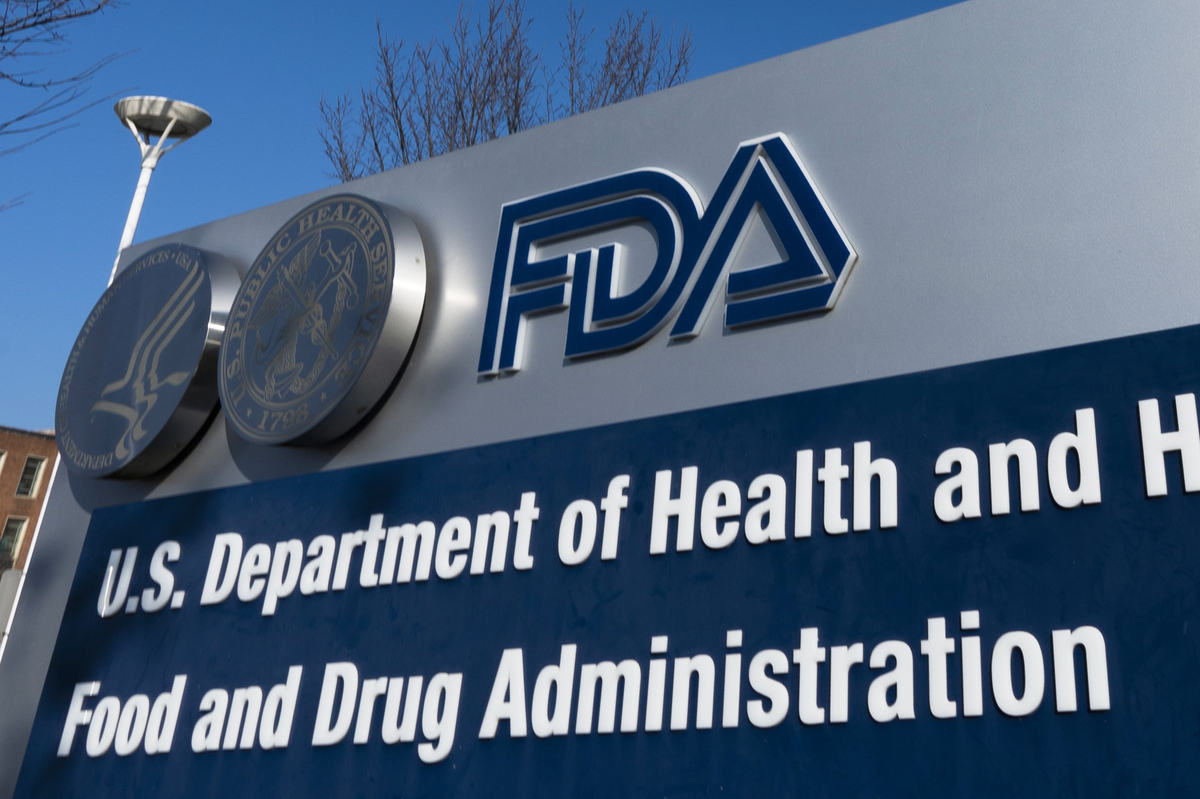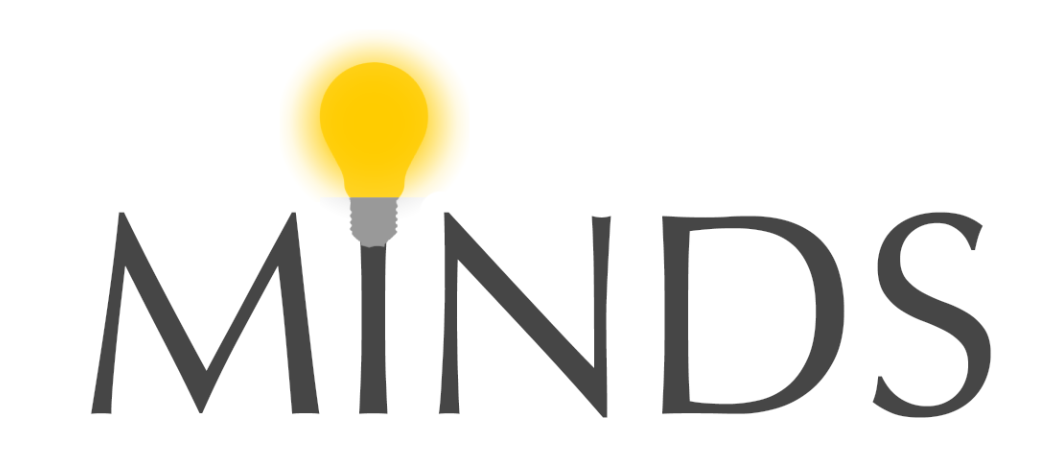
Medications for treatment of hypothyroidism
Hypothyroidism is a condition of decreased thyroid hormone production from the thyroid gland, which affects about 2% of the adult population in the United States.
Millions of Americans take thyroid hormone replacement medications to treat hypothyroidism. This medication works to replace the hormones patients need to maintain normal thyroid hormone levels and helps prevent or improve symptoms of hypothyroidism, such as fatigue, weight gain, constipation, cold intolerance or depressed mood, among others.
Generally, thyroid hormone replacement medications need to be dosed very carefully. There is only a small difference between a dose that is too low and will not work well and a dose that is too high, which can cause side effects. This means a doctor needs to monitor a patient’s thyroid hormone levels closely and adjust their medication dose precisely to keep their levels in the right range.
Currently there are two types of thyroid hormone replacement medicines on the market, available only by prescription:
- The most commonly used type of therapy is synthetic (laboratory-made) medications containing only levothyroxine or liothyronine or a combination of the two. An estimated 22 million patients received prescriptions for levothyroxine dispensed by U.S. outpatient retail pharmacies in 2024. These medications have been FDA-approved for decades and are marketed as branded and generic medications containing levothyroxine sodium or liothyronine sodium. Search drugs@fda for a list of FDA-approved medications.
- The second type of therapy is animal-derived thyroid medication and sometimes called desiccated thyroid extract, or DTE. These medications are marketed as Armour Thyroid, NP Thyroid, Nature-Thyroid and Natural Thyroid, among other names. These medications are produced from dried, ground animal thyroid glands (usually porcine, meaning from a pig). Animal-derived thyroid medications are not FDA approved, yet an estimated 1.5 million patients received prescriptions for these medications from U.S. outpatient retail pharmacies in 2024. Due to their complex biological origin, these medications contain many compounds that are uncharacterized for safety and effectiveness.
Professional medical society guidelines recommend synthetic levothyroxine as the preferred treatment for hypothyroidism, with the goal of normalizing thyroid hormone levels.
FDA’s concerns with unapproved thyroid medications
FDA has concerns with the safety and effectiveness of the unapproved animal-derived thyroid medications, which have not been reviewed by FDA to ensure safety, purity and potency, and may have quality and dosing issues. For example:
- Tablets made from the same manufacturing batches may not always provide the same thyroid hormone levels. Inconsistent doses can have serious consequences for patients. Too much medication can cause unwanted effects, and too little could not be effective.
- Thyroid medications derived from animal thyroid glands have an increased risk of certain impurities due to the source – animal thyroid tissue – or the way it is manufactured. These issues can lead to infections and other health concerns.
The agency has received complaints from patients and reports of adverse events related to the safety and potency of these unapproved medications.
FDA actions to protect patients
FDA sent letters to manufacturers, importers and distributors of marketed unapproved animal-derived thyroid medications on Aug. 6, 2025. This letter notified them of the agency’s intent to take action against unapproved animal-derived thyroid medication. Doctors will be able to work with their patients to safely transition them to an FDA-approved thyroid hormone replacement medication.
Manufacturers, importers and distributors of unapproved animal-derived thyroid medications may be subject to compliance action if they commercially distribute their unapproved products.
Additionally, these unapproved animal-derived thyroid medications are not eligible for compounding because these products are regulated as biological products under the Public Health Service Act.
FDA recommendations for patients
FDA is not taking immediate action against manufacturers who make unapproved animal-derived thyroid medication to give patients time to transition to an FDA-approved medication to treat their hypothyroidism.
The agency urges patients taking these unapproved animal-derived thyroid medications to treat hypothyroidism to talk to their doctor. Your primary care doctor or a professional medical society, such as the Endocrine Society or the American Association of Clinical Endocrinologists, can help identify an experienced endocrinologist, which is a specialist who supports patients with thyroid and other hormone disorders.
Information for health care providers
FDA encourages health care providers to contact patients taking unapproved animal-derived thyroid medication to transition them to an FDA-approved medication to treat hypothyroidism. The agency understands this could take time and patients may have concerns with this transition.
The Endocrine Society, American Thyroid Association (ATA) and American Association of Clinical Endocrinologists (AACE) provide information about hypothyroidism and its treatment on their websites for patients and health care providers.








